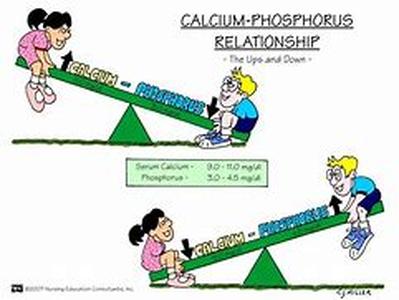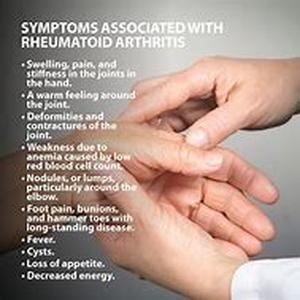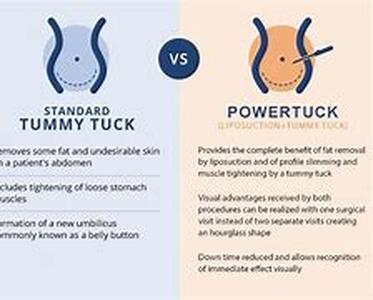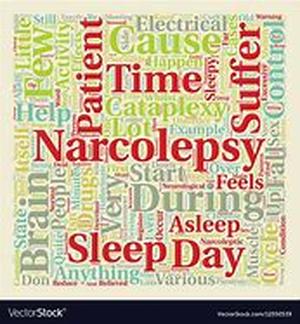
99 Of Calcium Is Stored In Our Bones While 1 Is Mixed In The Blood And Needed By Our Body For Proper Functioning Of The Nervous System, Muscle Contraction, And Helps In Coagulation Of The Blood. Long-term Shortage Of Calcium In Women Often Leads To Osteoporosis (the State In Which Our Bones Become Brittle). The Body's Sources Of Calcium Are: Eggs, Dairy Products, Broccoli, Spinach And Beans, Nuts, And Wholegrain Products. 3 Key Hormones There Are Three Hormones Released By Our Body To Regulate Calcium Levels In The Body: Vitamin D, Calcitonin, And Parathyroid Hormone (PTH). Vitamin D Is Formed Beneath The Skin As A Reaction To Sunlight (make Sure You Expose Yourself To Sunlight Only During Early Morning Between 6 To 7a.m. When The UV Rays Are Least Intense). Vitamin D Aids The Body To Absorb The Sufficient Amounts Of Calcium To Attain The Right Calcium Levels. Calcitonin Is A Drug That Helps In Stopping The Further Breakdown Of Bones, As In The Case Of The Effects Of Low Calcium.The Parathyroid Hormone Has The Most Complex Role In Regulating Calcium Levels In The Body. PTH Is Produced By The Parathyroid Glands And Detects Calcium Levels Fluctuations. When Calcium Levels Drop From Normal, PTH Is Excreted To Signal The Body To Release Calcium From The Bones. Calcium Is Then Reabsorbed In The Kidney And Small Intestines. When The Opposite Happens, PTH Secretion Is Decreased To Put The Calcium Levels Back To Normal.Low Calcium Condition (hypocalcaemia)Low Calcium Levels Result To The Condition Called Hypocalcaemia. This Occurs When Certain Factors Upsets The Balance Of Calcium Levels. Low Calcium Levels May Be A Symptom Of A Chronic Kidney Failure, Pancreatitis, Or A Problem In The Secretion Of The PTH. Low Calcium Levels Cause 1) Tetany Or Muscular Spasm In The Hands And Feet (sometimes Affecting The Throat), 2) Depression, 3) Bouts Of Fits And, 4) Numbness Of The Hands And Feet.High Calcium Condition (hypercalcaemia)Hypercalcaemia Or Too High Calcium Levels In The Blood Most Frequently Is A Result Of Cancer Of The Bones. Too Much Secretion Of PTH Can Also Be Held Culprit, Which May Be Caused By A Tumor Of The Parathyroid Glands. Overproduction Of PTH May Also Be The Body's Balancing Mechanism To Compensate For A Malfunctioning Kidney Or Deficiency In Vitamin D Causing High Calcium Levels. Too High Calcium Levels In The Blood Can Cause Abdominal Pain, Nausea And Vomiting, Loss Of Appetite, Constipation, Excessive Thirst, Excessive Passing Of Water, Weakness, Tiredness, And Weight Loss. If You Happen To Have These Symptoms, Your Doctor Might Have You Undergo Laboratory Tests To Determine The Calcium Levels Of Your Body.





